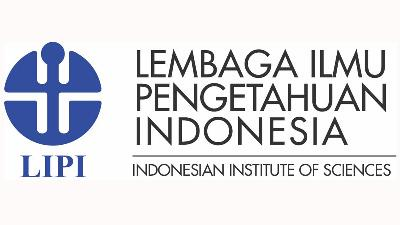KETERTARIKAN MAHASISWA BERINVESTASI DI PASAR MODAL SYARIAH
Abstrak
This study aims to determine the effect of investment education, perceptions of minimum capital, technological advances, and financial self-efficacy on student interest in investing in the Islamic capital market among students of the Faculty of Economics in Cilacap and Purwokerto. The method used in this study used quantitative methods and the sample used in this study was 100 respondents from economic faculties in Cilacap and Purwokerto using the convenience sampling method. Data collection method with a questionnaire. Data analysis using multiple regression analysis. Based on the results of the t test carried out partially, it shows that the variables of perception of minimum capital and technological progress have a significant effect on students' interest in investing in the sharia capital market. This is indicated by the calculated t value of 2.000 and 2.057 which is greater than the t table value of 1.985. Meanwhile, the investment education and financial self-efficacy variables do not have a significant effect on students' interest in investing in the Islamic capital market. This is indicated by the calculated t value of -1.217 and 0.624 which is smaller than 1.985.
Keywords: investment education, minimum capital, financial, investment, sharia capital market.








